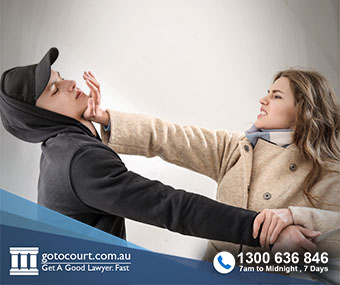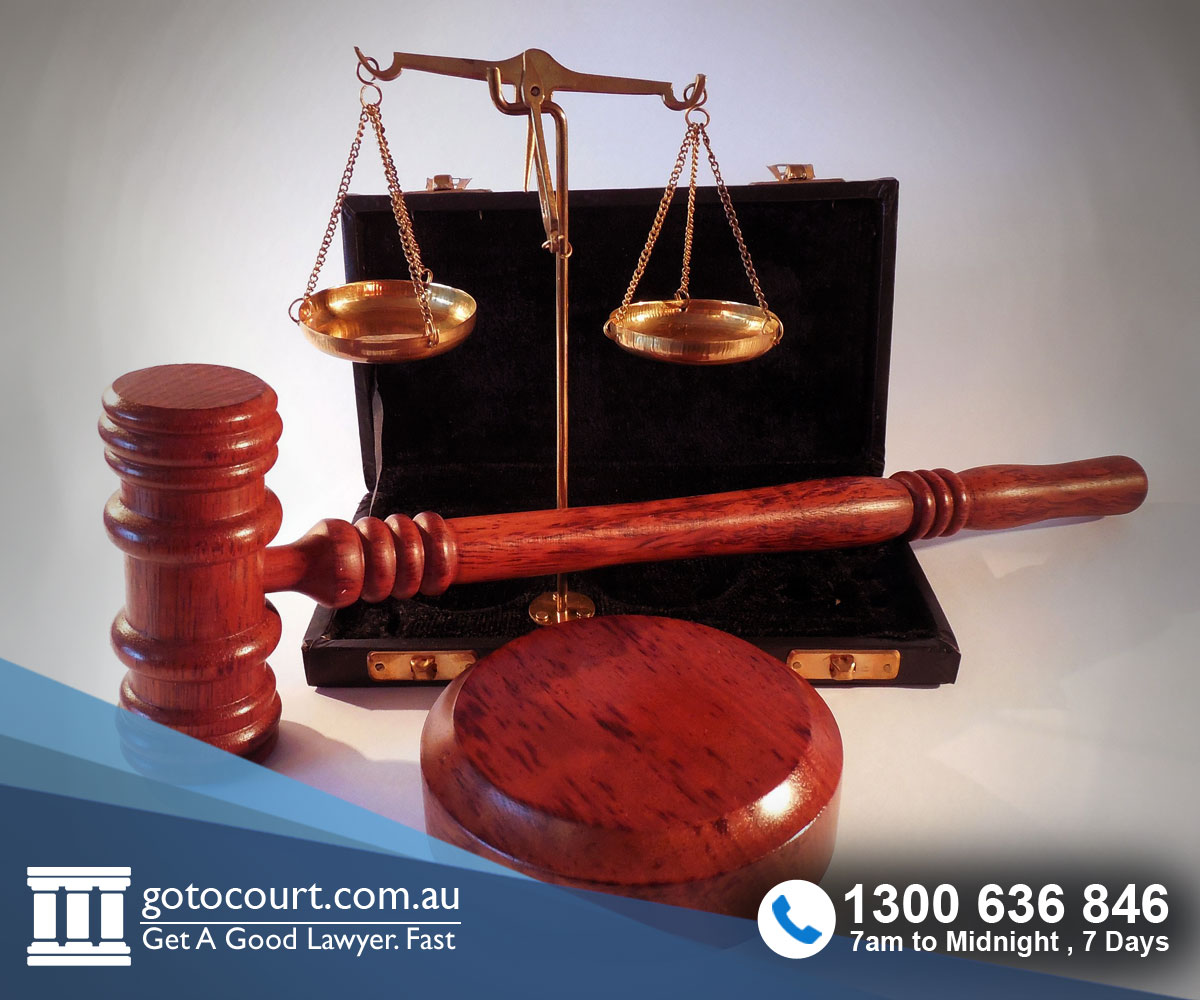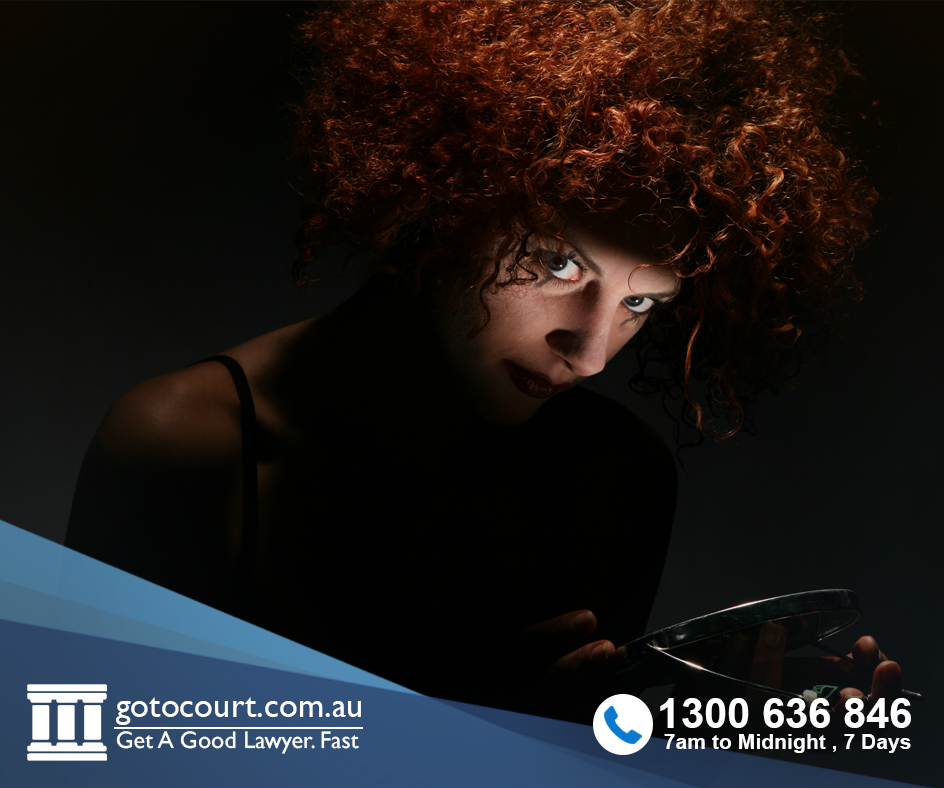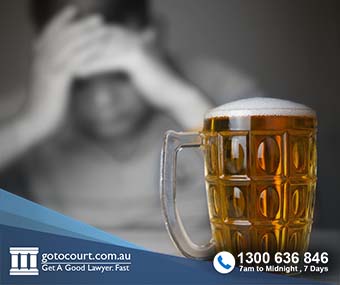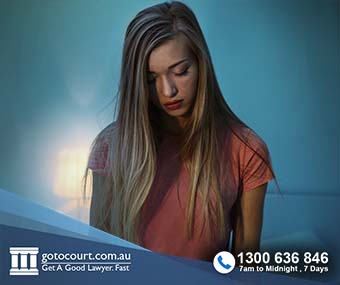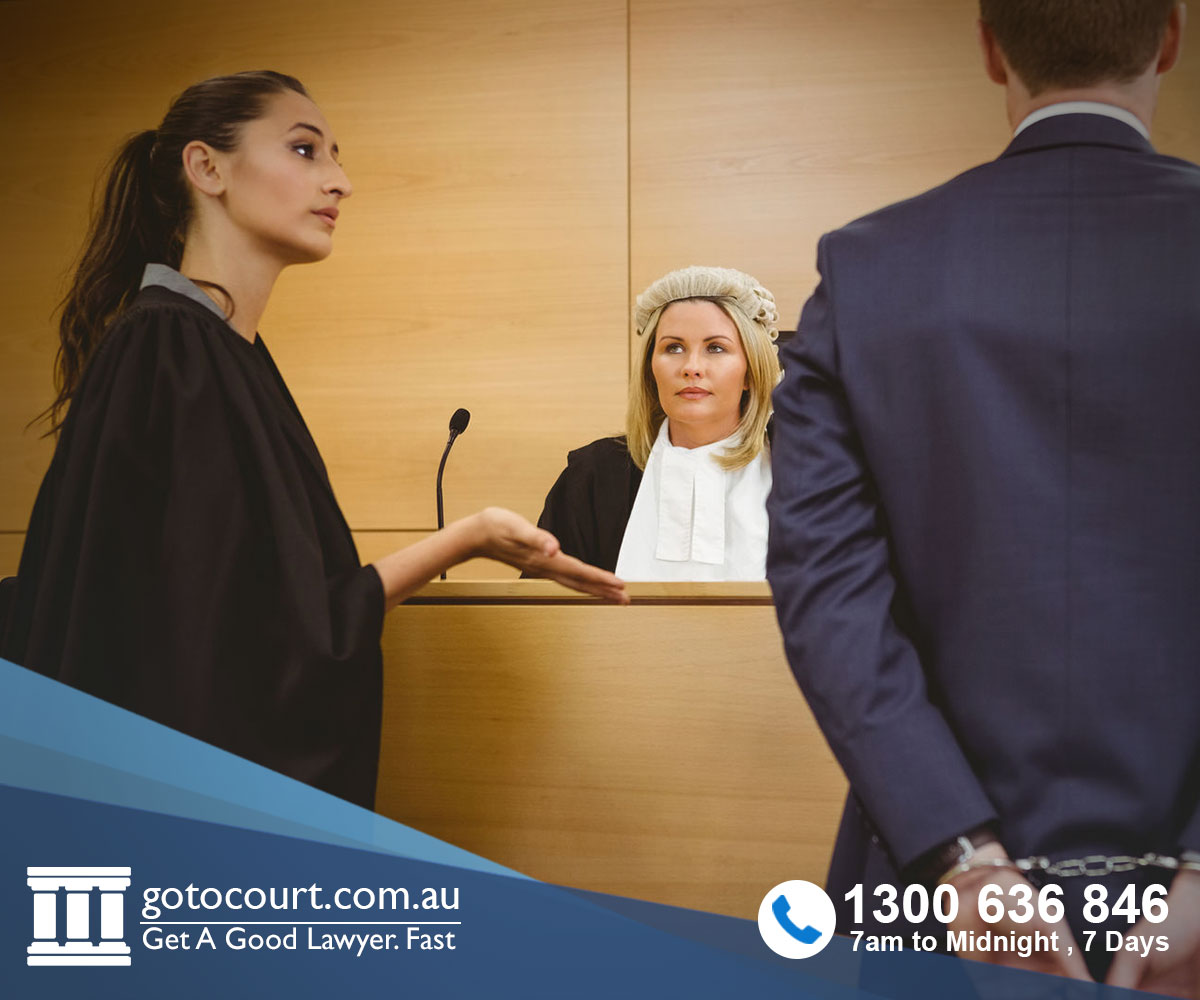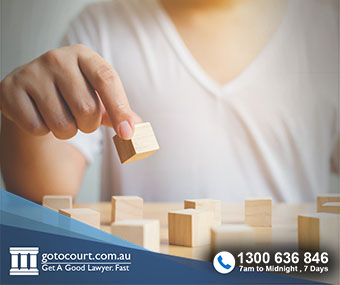Call our lawyers
now
or,
have our lawyers
call you
The Defence of Mental Incompetence (SA)
Updated on Oct 25, 2022 • 4 min read • 527 views • Copy Link
The Defence of Mental Incompetence (SA)
A person in South Australia has a legal defence to any criminal charge if they were mentally incompetent to commit an offence. This defence is contained in section 269 of the Criminal Law Consolidation Act 1935. The procedures that are followed in cases involving mental incompetence depend on the nature of the charges and whether the physical elements of the offence can be proven. This page deals with the defence of mental incompetence in South Australia and explains the type of mental impairment that is required for this defence to be made out.
Legislation
Section 269 states that a person is mentally incompetent to commit an offence if at the time they carried out the conduct that makes up the offence they had a mental impairment which means that:
- they did not know the nature of the conduct;
- they did not know the conduct is wrong or that it would be perceived as wrong by reasonable people.
A person is presumed to be mentally competent until the contrary is found.
What is a mental impairment?
A mental impairment includes a mental illness, intellectual disability or a disability or impairment of the mind resulting from senility. A personality disorder does not amount to a mental impairment.
Whether or not a person was suffering from a mental impairment at the time of an alleged offence is a question of fact to be determined by the judge, jury or magistrate.
Mental incompetence vs unfitness for trial
The issue of mental incompetence is quite different from the question of fitness for trial; however, there are some matters where both will be live issues.
Whether a person has a defence of mental incompetence depends on whether they were mentally impaired at the time of the alleged offending. Their mental state at the time of the court proceedings is not considered.
In contrast, when a person’s fitness for trial is at issue, the question is whether they are capable of understanding the nature of the proceedings. Their mental state at the time of the alleged offending is not considered.
Procedure for determining mental competence
The defence of mental incompetence may be raised by the defence or by the prosecution. It may also be investigated by the court at its own initiative.
When determining the issue of mental competence, the court:
- will hear evidence and submissions about the accused’s mental competence from both parties;
- may require the accused to be examined by a psychiatrist or other appropriate expert.
The court must then decide whether it is satisfied, on the balance of probabilities, that the accused was mentally incompetent at the time of the alleged offence.
If the defence and prosecution are in agreement that the accused was mentally incompetent, the court may dispense with the investigation and record a finding of mental incompetence.
If the court finds that the accused was mentally incompetent, it must then hear evidence to determine whether the physical elements of the offence can be established. If they cannot be proven, the accused will be discharged.
The court has the discretion to hear the evidence about the physical elements of the offence first, and determine the issue of mental competence later, or vice versa.
Consequences of a finding of not guilty because of mental incompetence
If a court finds that a person was mentally incompetent but that the objective elements of the offence are satisfied and the offence was a major indictable offence, it must find the person not guilty of the offence and declare them liable to supervision.
If the offence was a summary offence or a minor indictable offence, the court may take any of a number of actions, including dismissing the charge and unconditionally releasing the accused, declaring the accused liable to a supervision order or releasing the accused into the community on licence for up to five years.
Supervision
A person declared liable to supervision may be:
- released unconditionally;
- released into the community on a supervision order on strict conditions for a specified term;
- committed to detention on a supervision order for a specified term, equivalent to the term of imprisonment they would have received if found guilty of the offence/s.
The court may vary or revoke a supervision order on application by the person under supervision, the Parole Board, The Crown or the Public Advocate or the Commissioner for Victims’ Rights. If the court refuses an application to vary or revoke a supervision order, another application will not be considered for a period of six months.
If you require legal advice or representation in any legal matter, please contact Go To Court Lawyers.

Affordable Lawyers
Our Go To Court Lawyers will assist you in all areas of law. We specialise in providing legal advice urgently – at the time when you need it most. If you need a lawyer right now, today, we can help you – no matter where you are in Australia.How It Works







1. You speak directly to a lawyer
When you call the Go To Court Legal Hotline, you will be connected directly to a lawyer, every time.


2. Get your legal situation assessed
We determine the best way forward in your legal matter, free of charge. If you want to go ahead and book a face-to-face appointment, we will connect you with a specialist in your local area.


3. We arrange everything as needed
If you want to go ahead and book a fact-to-face appointment, we will connect you with a specialist in your local area no matter where you are and even at very short notice.



